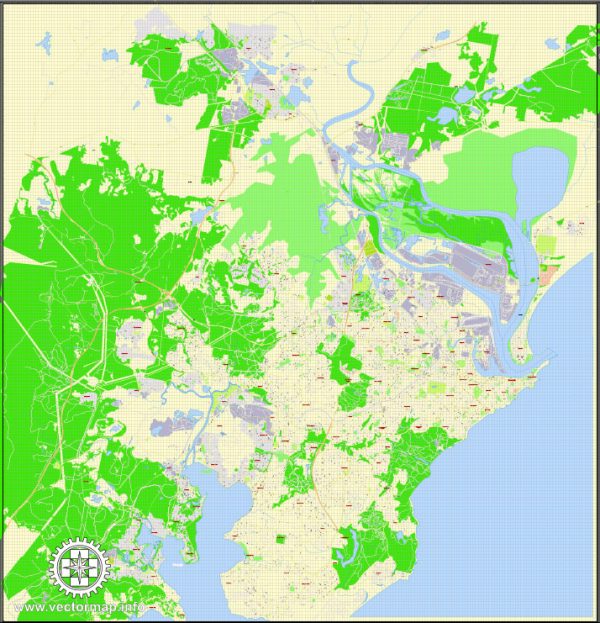Newcastle, Australia, has a rich history of urban development that reflects its evolution from a convict settlement to a vibrant, modern city. Here is a brief overview of key milestones in Newcastle’s urban development:
- Indigenous Heritage: Before European settlement, the area now known as Newcastle was inhabited by the Awabakal and Worimi Indigenous peoples for thousands of years. They had a deep connection to the land and waterways.
- European Settlement and Convict Era (1804): Newcastle was established in 1804 as a penal colony, primarily for coal mining. The city’s growth was driven by the demand for coal, and the convicts played a significant role in the development of the mining industry.
- Growth as a Coal Port (19th Century): As coal exports expanded, Newcastle became a major coal port. The city’s economy was closely tied to the coal industry, and this led to the development of infrastructure such as the BHP steelworks, which operated for almost a century.
- Industrialization and Maritime Industry (20th Century): The 20th century saw significant industrialization, with the BHP steelworks becoming a major employer. The city’s skyline was dominated by the steelworks, and Newcastle gained a reputation as an industrial hub. However, this reliance on heavy industry also led to environmental challenges.
- Post-Industrial Transformation (Late 20th Century): The closure of the BHP steelworks in 1999 marked a turning point for Newcastle. The city underwent a period of post-industrial transformation, with a shift towards a more diverse economy, including services, education, and tourism.
- Urban Renewal and Redevelopment: In recent decades, Newcastle has experienced extensive urban renewal projects. The foreshore and Honeysuckle precincts have been revitalized, with the development of modern apartments, recreational spaces, and cultural amenities. The city has also invested in infrastructure such as the light rail system, connecting key areas and enhancing public transportation.
- Cultural and Educational Hub: Newcastle has evolved into a cultural and educational hub, with the presence of the University of Newcastle and a vibrant arts scene. The city has embraced its coastal location, promoting tourism and outdoor activities.
- Sustainable Development and Environmental Awareness: In response to environmental challenges from its industrial past, Newcastle has increasingly focused on sustainability and environmental awareness. Initiatives include green spaces, renewable energy projects, and efforts to preserve the natural beauty of the region.
- Future Developments: The city continues to evolve, with ongoing plans for infrastructure development, economic diversification, and improvements to the urban landscape. Sustainable practices and smart city initiatives are likely to play a crucial role in shaping Newcastle’s future.
Newcastle’s history of urban development reflects its resilience and adaptability, transitioning from a convict settlement and industrial powerhouse to a modern, diverse, and culturally rich city.


 Author: Kirill Shrayber, Ph.D. FRGS
Author: Kirill Shrayber, Ph.D. FRGS